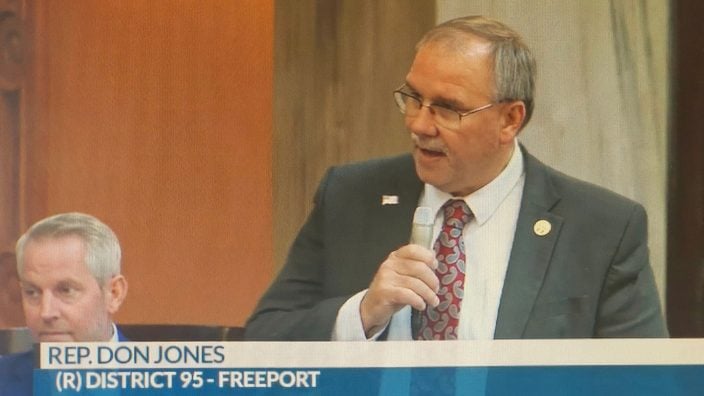Recent H-2A program impacts aim to steady farm labor costs, needs
A recent state budget fix and a federal rule reform to H-2A have resulted in some relief for farmers who use the guest worker program.
Read MoreThe bills address the shortage of career tech educators and the nuisance issue of feral swine.
This week, the Ohio House decisively passed two bills that are beneficial to rural communities and Farm Bureau members.
Career Tech
HB 432 sponsored by Rep. Don Jones, will make it easier for those working in the agriculture industry or other tech industries to obtain a career tech license that will allow them to teach these subjects.
“House Bill 432 will create a larger pool of CTE instructors and better equip career tech planning districts to meet the growing number of students in CTE programs,” said Jones. “The legislation does not lower that standard of CTE instructors but instead creates alternative pathways for qualified instructors to obtain licensure.”
Specifically, the bill will make it easier for those in industry to become licensed career tech educators. It would do this by:
“We were joined by the Ohio Association of Agricultural Educators (OAAE) and the Ohio Association of Career Tech Educators (OACTE) in supporting this bill,” said Evan Callicoat, OFBF director of state policy. “We all believe that this bill is one way we can help the shortage of career tech educators in our state.”
The bill now heads to the Senate, and we hope to have passage by the end of the year, he added.
Feral Swine
In addition, legislation that prohibits the import of feral swine into Ohio, stops the hunting of feral swine, and puts an end to the risky practice of garbage feeding of swine also passed the House, by a unanimous vote.
“This feral swine issue was discussed at the annual meeting, and delegates adjusted our policy to better align it to eradicate them, or try to eradicate them in Ohio,” said Whittney Bowers, OFBF director of state policy and grassroots engagement. “‘We don’t want to recreationally hunt them in Ohio, but we want to be able to eradicate any threat,’ is what we heard from members. They want to protect their property.”
HB 503 gives property owners some options to help stop the spread of feral swine. Landowners may kill a feral hog without a license, but the Ohio Department of Natural Resources must be notified within 24 hours.
Bowers said the bill also makes it very clear that wild hogs are not allowed on hunting preserves, and they cannot be bred, released, or bred to commercial swine.
The legislation also addresses garbage feeding hogs, which can attract and sustain a feral hog population. The bill eliminates an existing license to feed swine garbage or treated garbage and prohibits bringing swine into the state who have been garbage fed. If the Department of Agriculture receives a tip that swine is being fed garbage, they have a right to investigate it.
Ohio Farm Bureau worked with bill sponsors Rep. Don Jones, who is chairman of the ag committee and Rep. Bob Peterson, who carried it in the House, as well Cheryl Day at Ohio Pork Council, who also gave in-person testimony on the bill.
Bowers emphasized the significance of Farm Bureau’s policy development process and the integral role it plays in helping have conversations at the Statehouse. House Bill 503 will now head to the Senate for review and discussion, and Ohio Farm Bureau will continue to offer support and feedback.
Photo credit: Ohio Pork Council
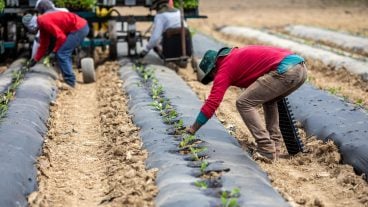
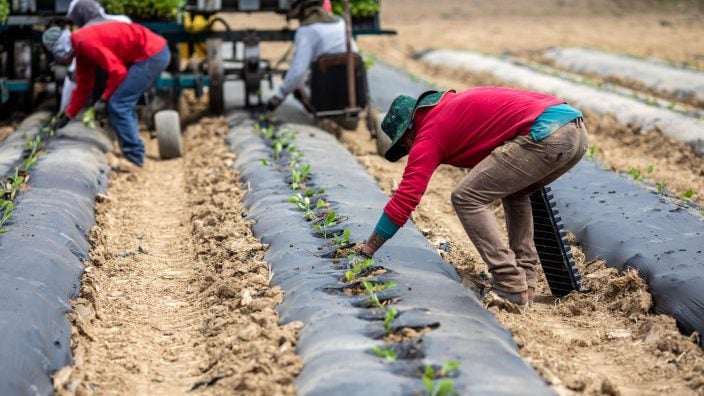
A recent state budget fix and a federal rule reform to H-2A have resulted in some relief for farmers who use the guest worker program.
Read More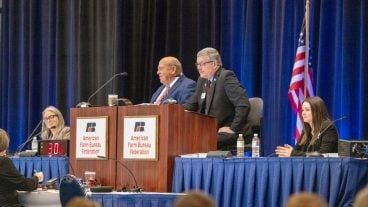
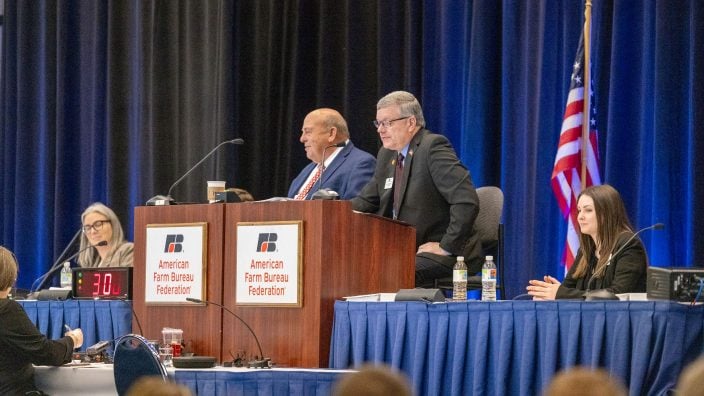
Ohio Farm Bureau brought forth 10 policies to be voted upon by delegates at the American Farm Bureau Annual Convention in Anaheim earlier this week, and all 10 were approved as national policy.
Read More

Ohio EPA has recently proposed allowing data centers to obtain ‘general’ National Pollutant Discharge Elimination System (NPDES) permits for their stormwater/wastewater discharges.
Read More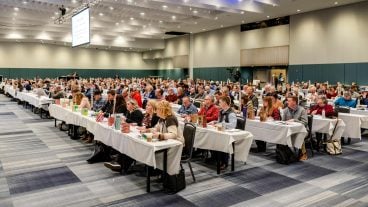
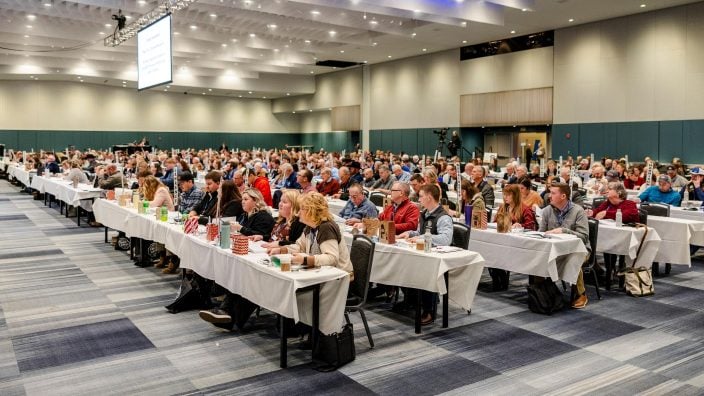
Delegates discussed many topics impacting agriculture including farmland preservation, local foods, and succession planning.
Read More
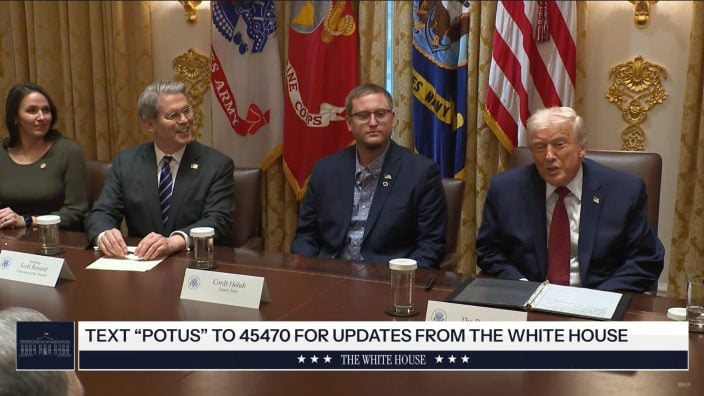
Ohio Farm Bureau Treasurer Adele Flynn participated in the meeting, representing Ohio farmers.
Read More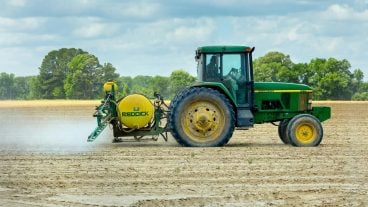
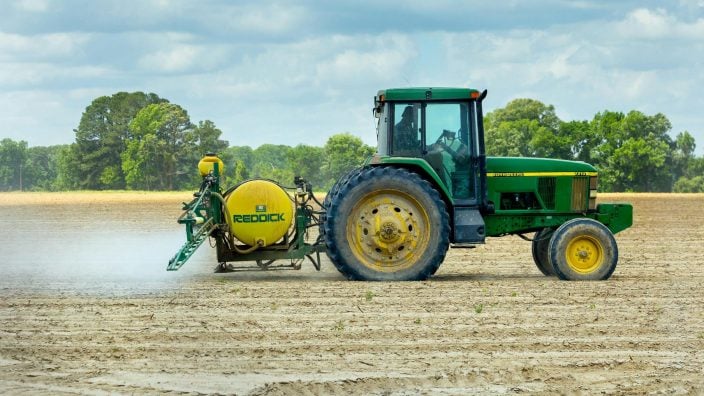
HB 10 ensures transparency around how imitation meat is labeled, along with restoring needed flexibility around the application of crop protection tools.
Read More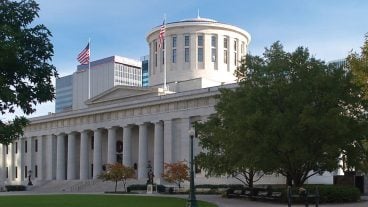

The budget includes funding for: H2Ohio, animal health and animal disease response, the College of Veterinary Medicine at Ohio State, and the Brownfield Remediation Program.
Read More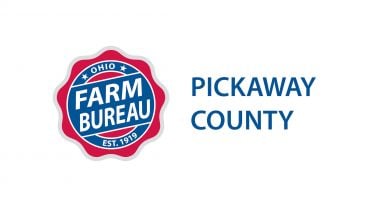
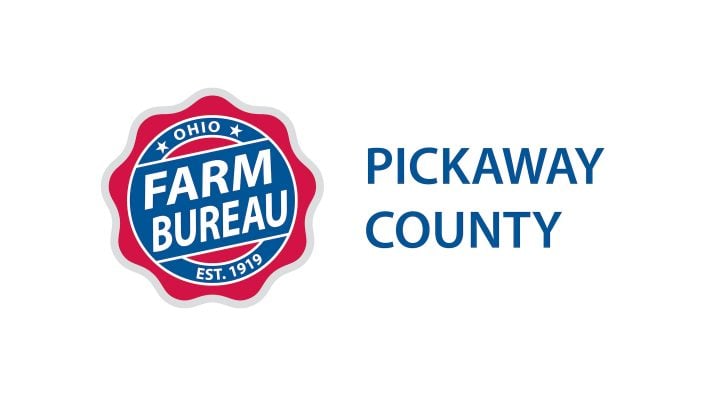
The Pickaway County Farm Bureau Board of Trustees invites you to attend our Policy Development Breakfast at 8:30 a.m. on Wednesday, June 11, 2025.
Read More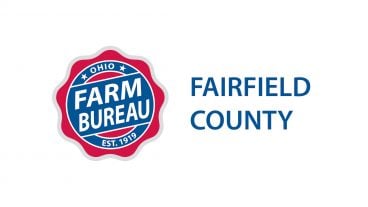
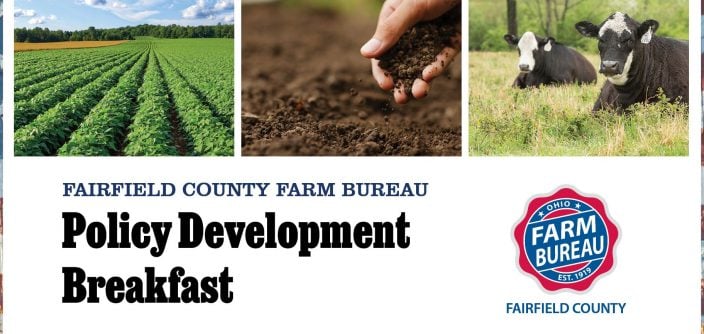
The Fairfield County Farm Bureau Board of Trustees invites you to attend our Policy Development Breakfast at 8:30 a.m. on Tuesday, June 24, 2025.
Read More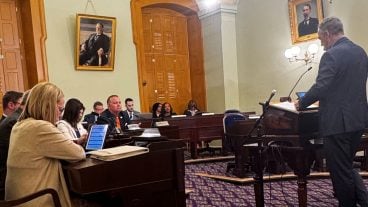
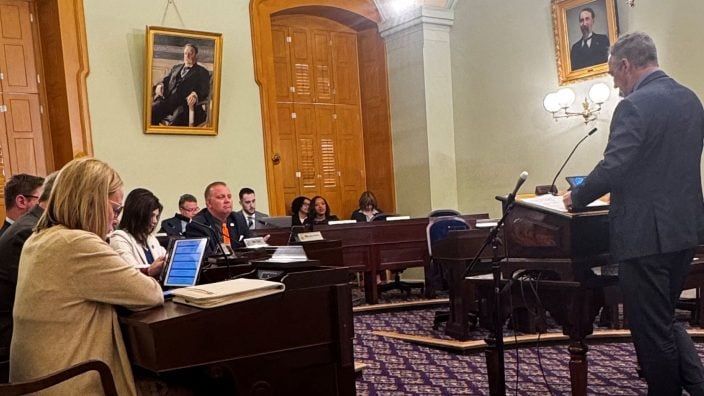
Plans would be for Ohio farm families who do not have access to health insurance as an employee benefit or who are uninsured or underinsured due to high costs and limited options in the marketplace.
Read More